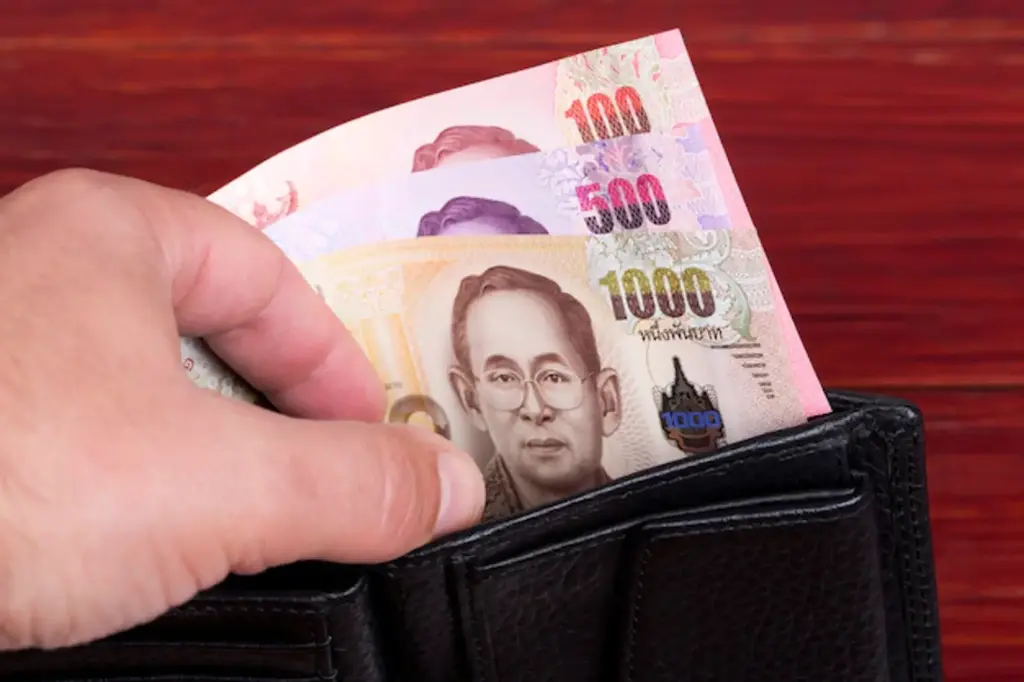News
Cambodia’s King Father Norodom Sihanouk Dies
CHIANGRAI TIMES – Cambodia’s revered ex-king Norodom Sihanouk, whose life encompassed turbulent years of rule, exile and war including the Khmer Rouge reign of terror, died Monday in China, sparking nationwide mourning.
Sihanouk, who had been a frequent visitor to Beijing where he received most of his medical treatment, died of a heart attack aged 89, according to his longtime personal assistant Prince Sisowath Thomico.
“King Sihanouk did not belong to his family, he belonged to Cambodia and to history,” he told AFP of the former monarch who abruptly quit the throne in October 2004, citing old age and health problems.
Norodom Sihamoni is kissed by his mother as he becomes king“It’s painful. I am full of sorrow,” he said.
The royal, who steered his country through decades of painful political and social convulsions, from independence to civil war and invasion, is set to be brought back to his homeland on Wednesday.
His son and current king Norodom Sihamoni and Prime Minister Hun Sen, both appearing tearful, travelled to Beijing to collect the body, which will lie in state at the royal palace for three months ahead of a lavish funeral.
Some 100,000 people are expected to line the streets of the capital to mark Sihanouk’s final homecoming, starting a week-long official mourning period, government spokesman Khieu Kanharith told AFP.
The charismatic royal was a keen filmmaker and poet whose six marriages lent him a reputation as a playboy.
Renowned for unpredictability, Sihanouk repeatedly switched allegiances as the political climate changed, including backing Khmer Rouge guerrillas before he was himself imprisoned by them.
The fanatical communist regime caused the deaths of up to two million people, including five of Sihanouk’s 14 children.
Cambodia woke to the news of their former monarch’s demise on the final day of the annual festival for the dead known as Pchum Ben, when Cambodians honour their deceased ancestors who are believed to emerge to walk the earth during this time.
In the capital Phnom Penh, young and old added their prayers for the dead monarch to tributes for their own relatives.
“I felt sad after hearing the news. I came here to pray for my relatives and I also prayed for the (former) king,” 21-year-old Yoan Sophal told AFP at a pagoda where a Buddhist priest led a solemn crowd in a blessing for Sihanouk’s spirit.
As evening fell, some 200 mourners, many of them in tears, also gathered outside the palace to listen to dozens of white-robed nuns chanting and praying for Sihanouk’s spirit.
Television stations broadcast continuous footage of the former monarch, while social networking sites like Facebook buzzed with tributes and shared pictures of the late king.
Condolence messages poured in from around the world including from China, Japan, former colonial power France and North Korea, whose leader Kim Jong-Un praised Sihanouk’s “unprecedented” friendship with his country.
North Korea’s founder Kim Il-Sung was so close to Sihanouk he had a palatial residence built for him near Pyongyang in the 1960s.
UN chief Ban Ki-moon issued a statement through his office praising Sihanouk’s “long dedication to his country and his legacy as a unifying national leader who is revered by Cambodians and respected internationally”.
French President Francois Hollande meanwhile described the ex-monarch, who was placed on the throne in 1941 at the age of 18 by French colonial authorities, as the embodiment of an “evenhanded Asian policy”.
Australia-based historian Milton Osborne said Cambodians would likely remember Sihanouk’s time in power “as a golden age, without very much reflection on the deeper, darker aspects of the period when he was in power, when it was very dangerous to say anything critical of him”.
Twelve years after acceding to the throne, he gained Cambodia’s independence and abdicated shortly afterwards for the first time in favour of his father Prince Norodom Suramarit.
He then served as premier half a dozen times, until finally becoming “head of state” following the death of his father in 1960.
He was toppled in a coup by US-backed general Lon Nol in 1970, prompting his pact with the Khmer Rouge that would have disastrous consequences for the country and his own family.
The movement used him as a figurehead as they seized power before putting him under house arrest in the royal palace with his household during their murderous 1975-79 rule.
Sihanouk, who was close to Chinese revolutionary leaders Mao Zedong and Zhou Enlai, fled to China before the Vietnamese invaded and toppled the Khmer Rouge. He was to spend increasing amounts of time in the country as his health failed.
The royal, who had battled illnesses including cancer, diabetes and heart problems in his later years, remained a staunch supporter of China. He saw it as a “second home” and spent much of his time there, accompanied by his devoted sixth wife Monique.
Sihanouk was credited with helping to make 1991 UN-sponsored peace accords possible. He triumphantly regained the throne in 1993.
After abdicating for the final time, he received the title of “King-Father” to a people he referred to as his “children”.





























